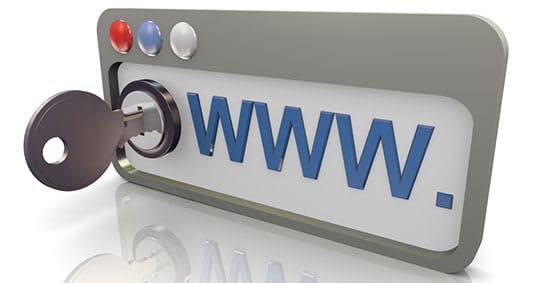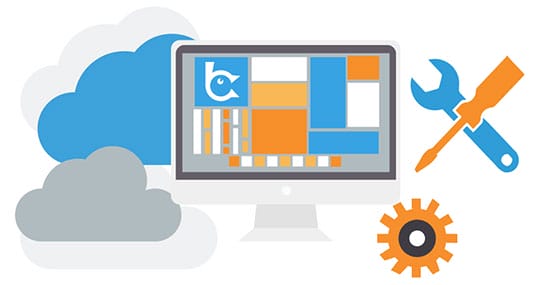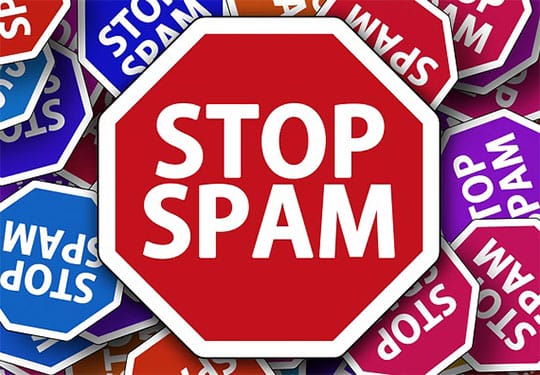Website security is one of the primary concerns for any online business. Drupal websites are known for their strong security features that tend to make your website secure and safe. The plugins or modules offered by Drupal can make your website invulnerable to any kinds of attacks or malicious activities. Nonetheless, hackers and spammers find loopholes in a website to steal its data or damage its performance.
To avoid such a scenario, you need a fail-safe system to keep your website protected from any such acts.
Keep Your Website Updated

Keeping your website unsynchronized makes it susceptible to hacking threats. Updating your website regularly keeps it away from getting hacked by a hacker or spammer. Therefore, it is important that you actively look for new updates for your Drupal website to keep it secure from hacking attempts.
Update Manager is one such tool you can use to secure your website from external threats and hacking attempts.
Never Use the Same Password

It is one of the most important tips to make your website inaccessible to potential hackers and spammer. Using strong passwords reduces the chances of any hacker or malicious automated tools to do any damage to your website. Therefore, it is important that you keep changing the password.
Detect Any Existing Malware

Keeping tabs on malware activities on your website helps you find any active malware that might affect your website. To serve this purpose, you can download one of many resourceful modules. Scan My Server is one such tool that enables you to find potential threats to your website. It provides you with a range of testing features that include Cross Site Scripting, PHP Code Injection and HTTP Header Injection etc.
Follow the Two-Factor Authentication Procedure

Two-Factor Authentication is a feature that provides an added security to your website. It involves a two-step process for website access. First, the user will be required a phone number to get a verification code that he must enter to proceed to the next step.
Once it is validated by the system, the user will then be required to enter the password. It is after verification of both of these credentials will the user can use access the website otherwise the system will deny the access. This makes it a safer way to get entry into your website as only you know such crucial details required for access.
Go Through the Drupal Security Procedures
Drupal regulates a fail-safe security system that entails a systematic process. Each of the aspects of this process is supervised by a team of volunteers called “The Drupal Security Team”. They are responsible for reviewing loopholes in Drupal security system and ensuring rectification of reported issues. Therefore, it is important to review their procedures and make suggestions if you find any flaw in their security mechanism.
Review Your Drupal Security Configuration

To ensure that your Drupal security is up to the mark, it is important that you keep a check on the configuration of your website. You need to check the permission screen and make sure that it has check signs on all the important tabs. You can use various modules to help you find security problems in the configuration.
Integrate Your Website With Additional Security Modules
Drupal offers a number of security modules to add security layers to your website. They can offer comprehensive solutions for the security of your website ranging from protecting your website from hacking attacks to ensuring changes in the coding of your website. You can visit Drupal website to get a complete list of available modules.
Use the Automated Logout Feature
This feature by Drupal automatically logs out a user after a specified time. This means if any user is inactive for a specific time period, the system will automatically log him out. It follows instructions set by the website based on roles of the users. You can set the timeout to prevent anyone from using your website longer than the set time.
Stop Spam

Spammers are uninvited intruders who flood your website with spam content. The majority of spamming software are designed to auto-generate spam emails. They are commonly known as spambots. To prevent such irritating spammers from entering your website, you need to install a captcha plugin. In Drupal, you can use the CAPTCHA module that will keep all these spamming hacks at bay.
Back Up Your Data
Any attempt of hacking cannot be preempted. You never know when someone secretly enters into your website and deprive you of your most valuable data. Therefore, it is highly recommended that you create backup files of all your sensitive information so that your data is accessible in the event someone manages to get illegitimate access to your website.

The above-mentioned tips are essential to keep your Drupal website from hackers and spammers. Make sure that you implement them along with your security procedures.
This article is written by Anna Marsh. She is the senior content designer at a recognized designing and development Essay Writing Service corporation in the UK where she has been causative for numerous years. In addition to this, she is also a skilled hypothetical critic. For more details follow here at Facebook | Twitter | Google+.





